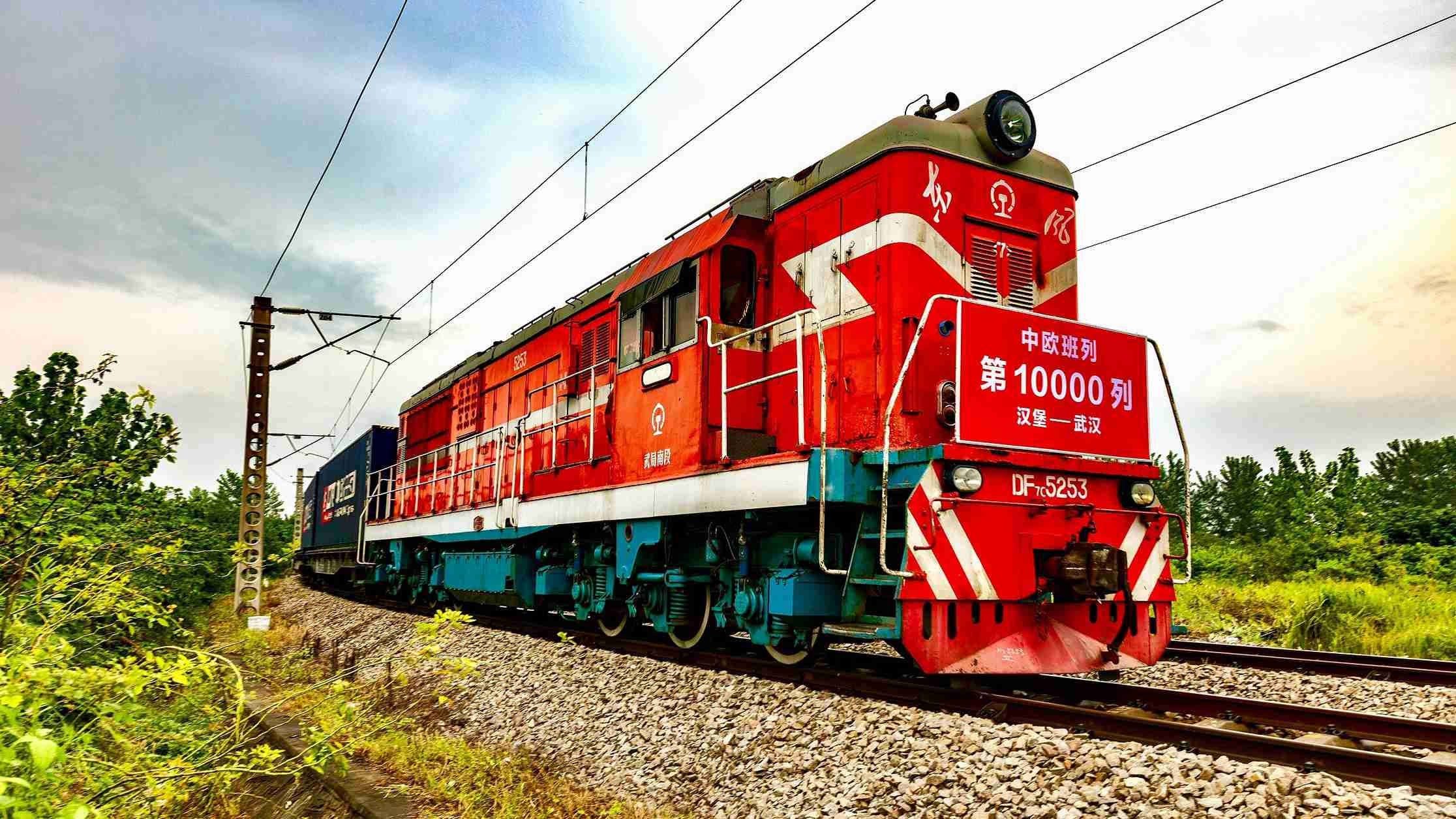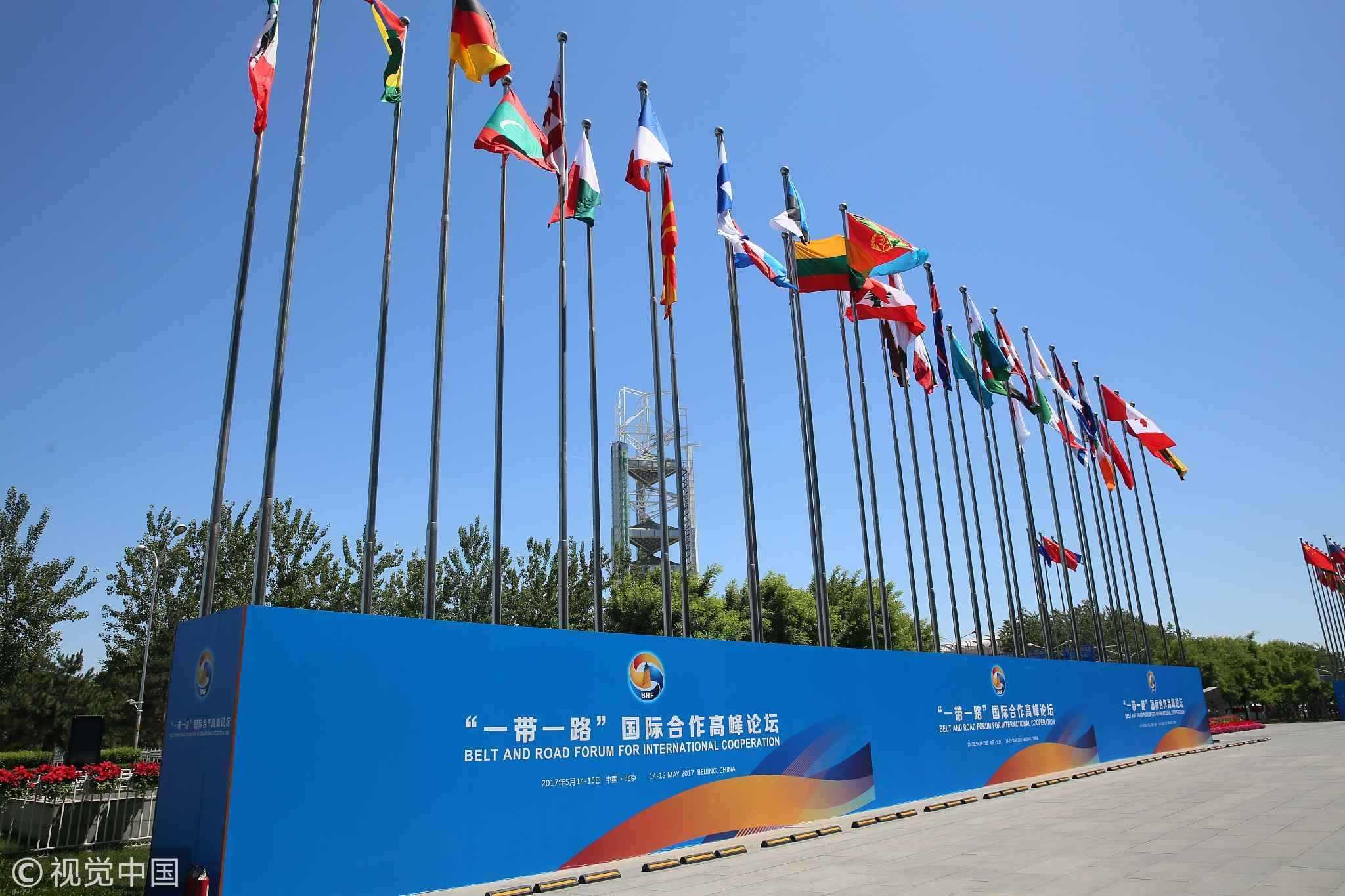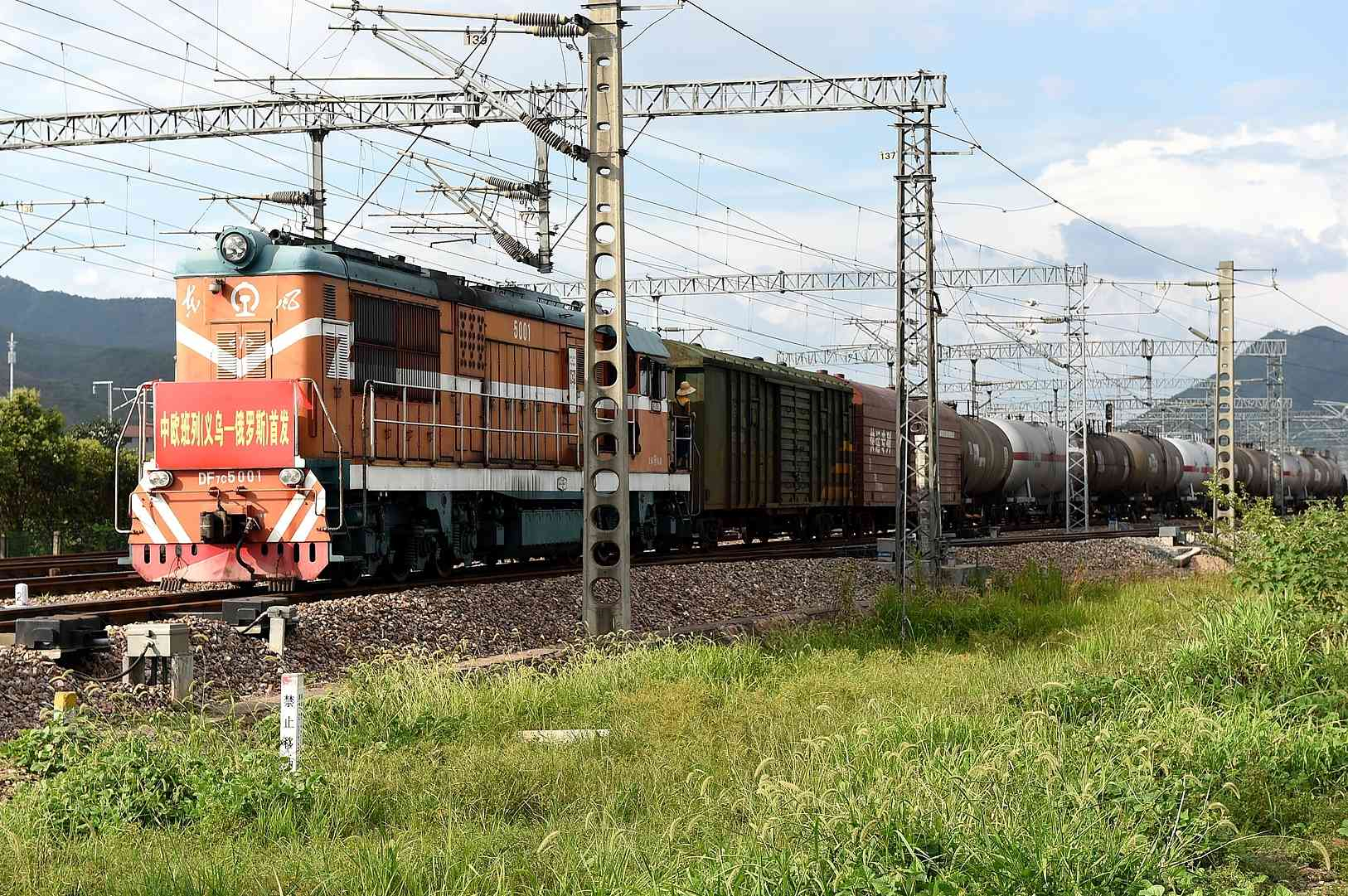
Analysis
15:08, 23-Apr-2019
The BRI: The best play is global collaboration
Bobby Naderi

Editor's note: Bobby Naderi is a journalist, current affairs commentator, documentary filmmaker and member of the Writers Guild of Great Britain. The article reflects the author's opinion, and not necessarily the views of CGTN.
It's a story that needs to be told repeatedly that China's Belt and Road Initiative (BRI) is all about celebrating teamwork, hard work, and global collaboration.
On balance, the BRI funds and constructs infrastructure and commercial projects to link China by sea and land with southeast and central Asia, the Middle East, Europe, and Africa, through an infrastructure network on the lines of the ancient Silk Road.
It should be noted that the BRI is not without its critics. China is being criticized by some countries and chronic complainers because it is actually doing something different and in collaboration with over 120 countries. Although if China stops building so many infrastructure and commercial projects within the framework of the BRI, it will probably then be criticized for not finishing them – if that's actually possible.

The first Belt and Road Forum for International Cooperation was held in Beijing in May 2017. /VCG Photo
The first Belt and Road Forum for International Cooperation was held in Beijing in May 2017. /VCG Photo
The meaning behind this menacing rejection is clear – the more China builds the more the green-eyed naysayers have to criticize China about it, and the more China opens itself up to unfair judgment and criticism. China should get out there and make an impact anyhow because this kind of biased mentality has always been there. It doesn't involve constructive feedback, evaluation or opinion, but politicized judgment, deliberate disapproval, and resentful critique.
"Vanity project"
The United States and a handful of other governments call the BRI a "vanity project," as a means of spreading Chinese influence and pressuring countries with "unsustainable debt burden" and lawless actions.
This ever-accelerating development project is in no way a secret component of a broader geopolitical effort to grow China's influence on the planet. There is no appetite for global dominance in Beijing. In fact, there's so much eagerness in getting other nations on board that no one in Beijing wants to put down on paper what the limits of the current global development project will be.

A train from Yiwu, Zhejiang Province, heads for Moscow, August 13, 2016. /VCG Photo
A train from Yiwu, Zhejiang Province, heads for Moscow, August 13, 2016. /VCG Photo
As well, this is in not an attempt by China to sanction funds and become a large creditor to poorer countries or lay a "debt trap" to keep participating countries within a Chinese orbit. Experience tells us that any attempt by any world power to entrench unilateralism and dominance only guarantees global resentment.
This, say Chinese officials, will never be permitted. China will never turn its back on the multilateral system of international law and justice, because "the greater a world power, the more consequential is its submission to the rule of law."
Experience further tells us that the BRI has never been a "vanity project" or a political tool and "divide and rule" tactic to proliferate the reign of China by heightening tensions with participating countries with the unsustainable debt burden. This is an open, all-embracing and transparent project that in the words of Chinese officials "does not play little geopolitical games or engage in the exclusion of small circles."
Labor practices
When it comes to the BRI, the contentions don't stop there. The critics and naysayers claim that China's construction companies have created virtual slave labor for local and Chinese workers constructing BRI projects. Other unsupported claims include Chinese construction companies involved in shoddy labor practices and more.
For the record, China is a member of The International Labour Organization (ILO), a UN agency which sets international labor standards, aiming to advance social justice and promote decent work.
According to the ILO, "China has progressively extended its relationship with the ILO as its economy has increasingly integrated into the global trading system. The social perspective of China's market reforms is now placed firmly within the parameters of ILO guidance and expertise."

A container crane loads containers in Zhou Shan, Zhejiang Province. /CGTN Photo
A container crane loads containers in Zhou Shan, Zhejiang Province. /CGTN Photo
This should be enough to explain why the aggressive news headlines from Washington and elsewhere are yet to show us local workers engaged in any BRI construction project battling for control of their workplace.
In brief, China has never been "a systemic rival" to Washington and the EU – it never intends to be. The sprawling program is too vast for one country, or a group of countries, to implement. China has no choice but to foster closer relationships with the United States, the European Union and the rest of the international community in order to implement and complete BRI projects.
(If you want to contribute and have specific expertise, please contact us at opinions@cgtn.com.)

SITEMAP
Copyright © 2018 CGTN. Beijing ICP prepared NO.16065310-3
Copyright © 2018 CGTN. Beijing ICP prepared NO.16065310-3